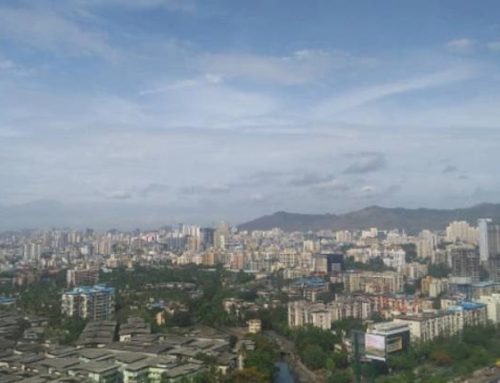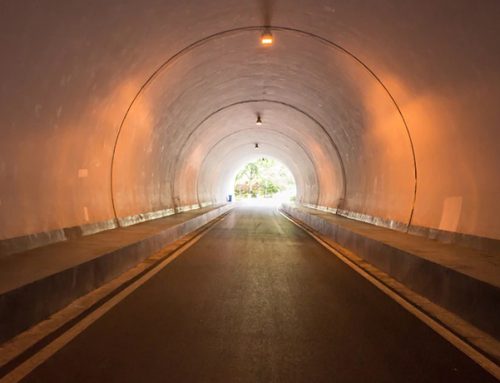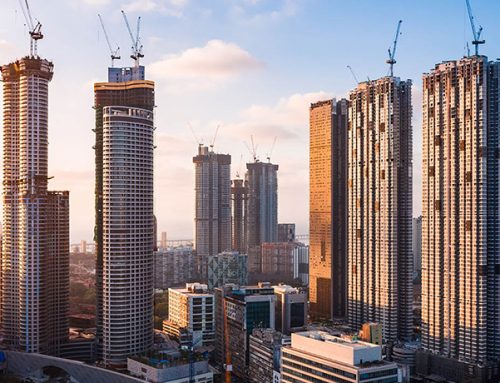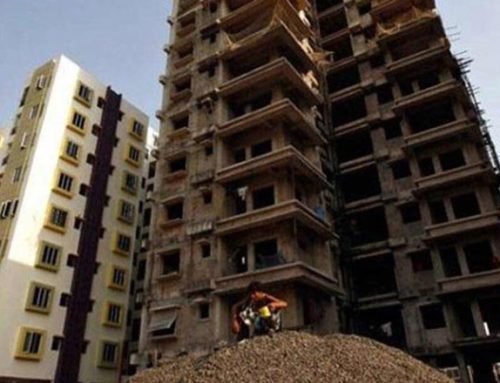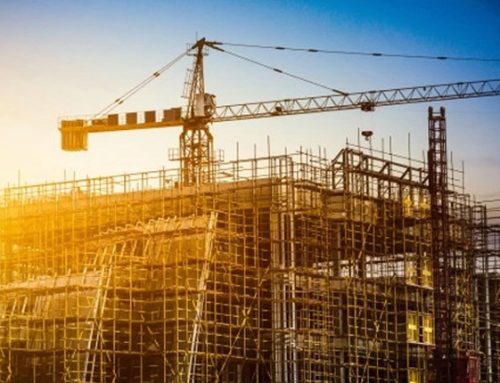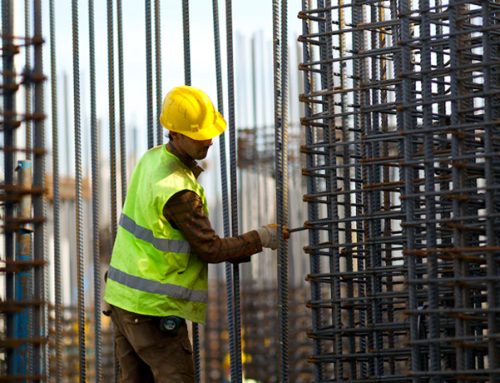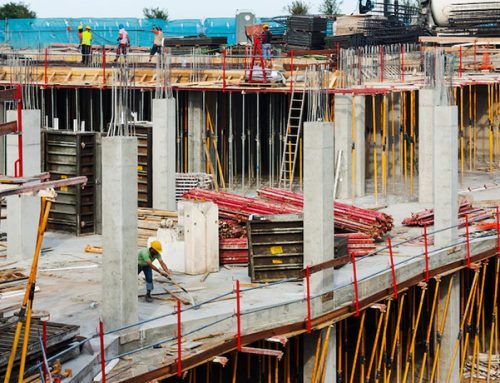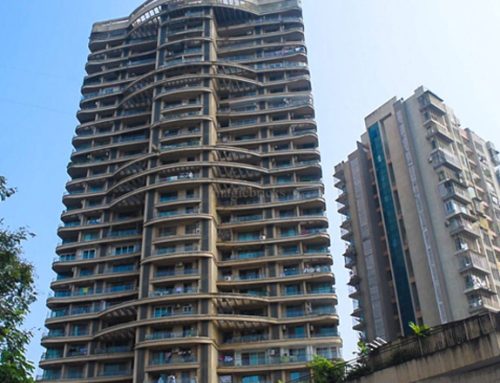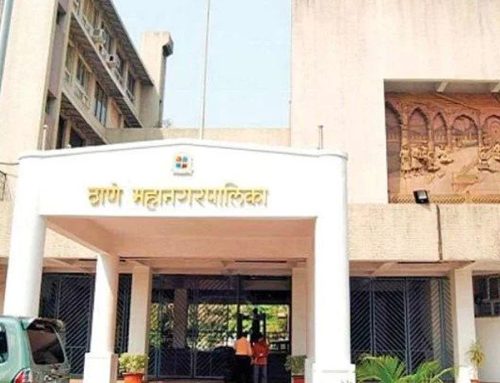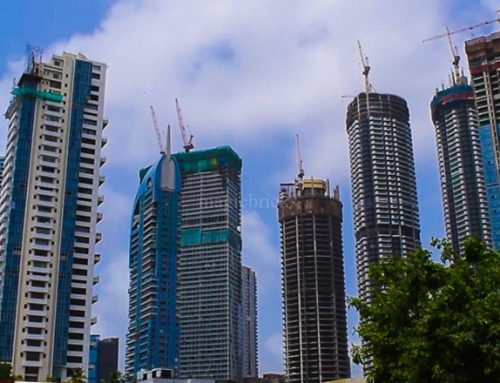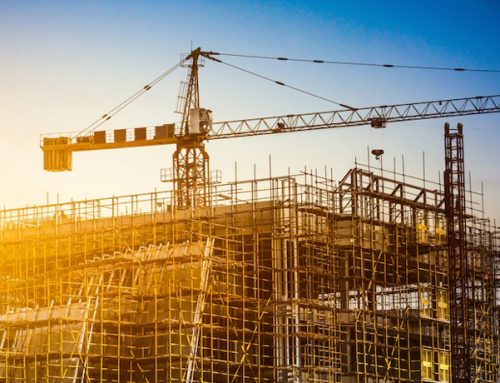The centre’s draft environment impact assessment (EIA) notification lays down rules and process for granting permissions for proposed developments and industrial projects.
The Ministry of Environment, Forest and Climate Change (MoEFCC) released the new draft Environmental Impact Assessment Notification, 2020, on March 23, 2020. This draft EIA notification replaced the earlier EIA notification 2006. The draft was released at a time when the country was going for a nationwide lockdown following the outbreak of the COVID-19 pandemic.
The new iteration of the environmental law outlines the procedure and requirements for infrastructural and industrial projects related to prior environmental clearance (EC). The draft was initially made available for public comments for two months and later extended up to August 11, 2020.
In 2019, the centre, in its modified notification on the environment impact assessment (EIA), had said that construction in areas between 20,000 and 50,000 sq metres would not require environment clearance from the government anymore. The notification, issued by the Ministry of Environment, stated that it had decided to ‘re-engineer’ the EIA rules, based on amendments and the experience over the years in its implementation. “As the principal notification has undergone substantial changes over the years, the ministry has decided to re-engineer the entire notification, in line with the amendments issued and circulars issued from time to time and experience gained over the years in implementation of the EIA notification,” it said.
Under the new notification, the process of clearances granted for sand mining and construction activities was eased out, a decision that did not go down well with environmental activists, who claimed that the EIA notification compromised on public hearings. The draft allows district-level authorities, headed by the district magistrate, to seek exemption from public hearing, while granting green clearance for sand mining in areas up to five hectares of land.
Lawyer and environmentalist Vikrant Tongad said that through the notification, the government was trying to give benefit to builders and mining companies, which in turn, was weakening the EIA. “Under the modified EIA, building and construction in areas between 20,000 sq metres and 50,000 sq metres do not require environmental clearance, which has been taking place all this while. In the sand mining sector, no public hearing will now take place for mining in an area of 0-5 hectares. It is a wrong move and public hearing must take place,” Tongad said. He said, the government was ‘trying to give benefit to builders, mining companies and industries, by weakening the EIA notification of 2006, which would increase pollution and corruption in India’.
EIA is a process of evaluating the likely environmental impact of a proposed project or development, taking into account inter-related socio-economic, cultural and human-health impacts, both beneficial and adverse.
Sharing his view, Centre for Science and Environment (CSE) deputy director general Chandra Bhushan, said this draft has weakened the existing EIA. “My first impression is that this draft, if it is converted into the final law, will weaken the environment assessment. EIA needs substantial strengthening. Public participation part has been weakened,” he said.
Bhushan said that the entire process has become meaningless and will not help in bringing down corruption. “This notification does not set up right institution for compliance of the conditions under which clearance is given. The entire process becomes meaningless. Corruption remains a major issue. The draft is a status quo draft,” he said. The activists were also of the view that this new notification would violate court and National Green Tribunal orders, by which several amendments included in the EIA draft have been quashed already. “The kind of changes which are being brought in, is a violation of court/NGT orders,” Tongad said. No comment was available from the Environment Ministry.
(With inputs from PTI)
What is environmental impact assessment notification?
An environmental impact assessment (EIA) notification is issued under Section 3 of the Environment Protection Act, 1986. It aims to impose restrictions on the development of new projects or activities or the expansion or modernisation of existing projects. The section specifies that such measures should benefit the environment.
What is EIA draft notification 2020?
Some of the key proposals in the EIA draft notification 2020:
- * Reduced time for public consultation and hearings: The draft proposes to reduce the notice period for public hearings from 30 days to 20 days and the completion of public hearings from 45 days to 40 days.
- * Exemption of projects: By classifying projects into A, B1 and B2 categories, several projects have been exempted from scrutiny.
- * Post-clearance compliance: After a project gets approval from the authority concerned, the proponent projects are required to adhere to certain rules laid down in the EIA report.
- * Post-facto clearance: The draft allows a project that has been operating without environmental clearance, to be regularized or apply for post-facto clearance.
- * No public reporting for non-compliance: The EIA notification 2020 excludes reporting of violations and non-compliance by the public.
- * Rules on project modernization or expansion: Building construction projects of built-up area up to 1,50,000 sq meters have been exempted. Environment clearance may be granted for the projects after scrutiny by a state-level expert appraisal committee. Earlier, construction projects up to 20,000 sq metres were exempted.
EIA notification 2020 latest news
EIA notification to be in regional languages: Centre to Madras HC
The central government has informed the Madras High Court that it has decided to release the Draft Environmental Impact Assessment (EIA) Notification 2020 in regional languages, including Tamil. It will publish the draft EIA 2020 in all the 22 languages in the Eighth Schedule of the Constitution.

















